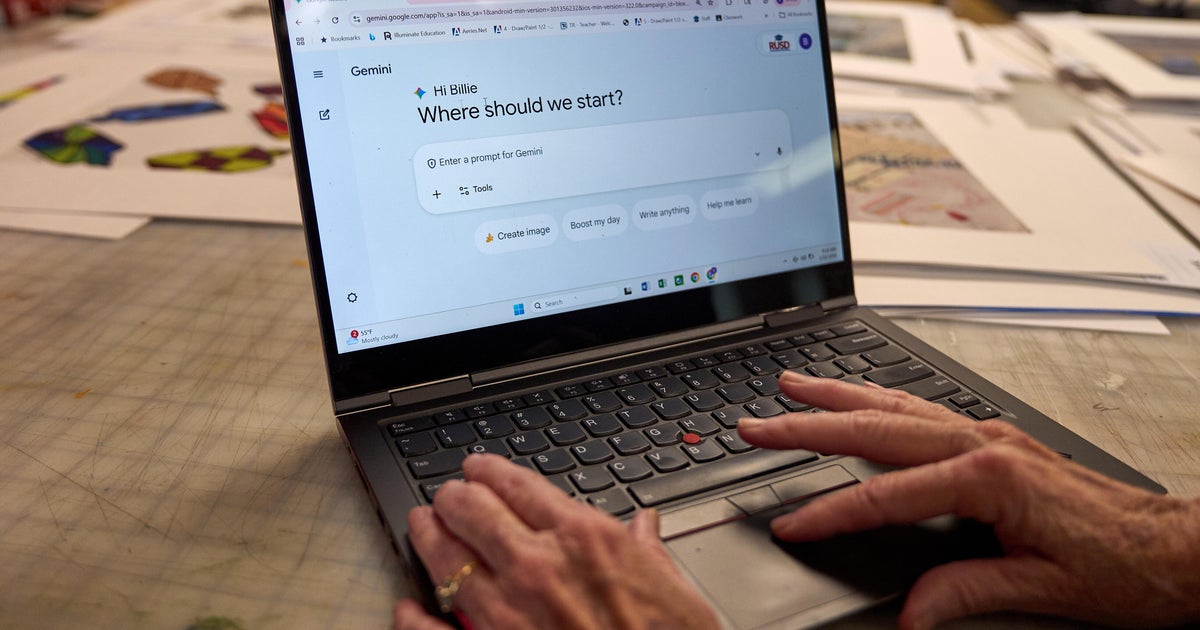10 holiday tips for families of kids with special health needs
“It’s the most wonderful time of the year” warble the lyrics heard everywhere through the holiday season. But for kids with special health needs, the flashing lights, blaring music, crowded malls, social events and schedule changes can be overwhelming.
Children with mental health issues or developmental and physical challenges such as autism, ADHD, sensory issues, depression and anxiety may need extra help managing the festivities of the season.
Here are 10 ways parents and caregivers can help keep the holidays happy for their kids:
Avoid events with loud noises
Loud music, fireworks and noisy parties may be upsetting for children with autism and sensory issues, said Dr. Andrew Adesman, chief of developmental and behavioral pediatrics at Cohen Children’s Medical Center in New Hyde Park, New York.
“Families sometimes go to events during the holidays where there are fireworks, like theme parks or New Year’s celebrations. Fireworks can be exciting and fun or extremely stressful and threatening,” Adesman told CBS News.
Children with sensory issues may also find loud noises upsetting, so quieter events such as cookie baking, reading holiday stories, children’s holiday events at a library or a low-key holiday movie at home with family may be more peaceful alternatives.
For children with ADHD, though, the novelty of fireworks may be engaging, he said.
Avoid crowds, strangers, chatter
Adesman said sitting on Santa’s lap may be particularly upsetting for a child on the autism spectrum.
“The idea of having a child sit on Santa’s lap sounds great, but even kids without a developmental disability can feel uncomfortable in that scenario,” he said.
Parties with relatives that the family does not see often can create anxiety, too. “Even a benign activity can be anxiety-inducing and threatening and lead to escalation,” he said.
Families may have some sense of how their child will do at a holiday event based on how they handle birthday parties.
“Parents know their kids and need to be mindful of their needs. In some cases you can prepare kids for certain kinds of scenarios in advance. You can have rehearsals or prior exposure to the place where the party will happen,” Adesman said.
Be flexible
Even with the best of plans – arriving early, sitting in a good location, being rested and having plenty of snacks on hand – events like holiday parties or concerts can turn difficult, Adesman said.
“We want to expose our children with developmental issues to a variety of activities, all of which can be enjoyable, but parents need to read their children’s clues, anticipate and be sensitive to the fact that it won’t always go well,” he said.
Bring two adults so if something doesn’t work out for your special-needs child, your other children can stay at the event.
In some cases, you may even be able to mitigate some of the stimulation so a child can comfortably stay: wearing headphones with sound protection, for example, if they don’t mind devices on their head.
Be on guard for wandering
“Whenever routines are altered, there’s the potential for kids to get separated. Wandering has become a major concern for children on the autism spectrum. The frequency with which children with developmental disorders wander off is extraordinarily high and poses risks to children, especially when you’re traveling,” Adesman said.
Kids who wander face many risks, including drowning, during visits to resorts or relatives’ homes with pools, traffic dangers and strangers.
“Some families are using more sophisticated GPS devices or bracelets kids can wear — kid safety bands. Autism Speaks has a wonderful section on their website with safety products,” said Adesman.
Get sleep
Children with and without health issues will be quicker to get upset if they’re not getting enough sleep, said Adesman.
“Walking this tightrope of trying to make the most of the holidays for the entire family, but exposing and enriching the family experience with well-intentioned activities, is a reality for families with special-needs children,” said Adesman.
Getting enough sleep is essential to help keep health on track and moods cheerful.
Keep meals on track
Some kids may have narrow food preferences. No matter what they enjoy or don’t enjoy eating, be wary of excess sugar intake when Christmas cookies and other treats seem to be everywhere.
“There’s not a lot of data to support that sugar makes kids hyper,” said Adesman. “For the most part, families want to restrict sweets if that makes them more comfortable. And stick to special diets for kids on the autism spectrum – dairy-free, casein-free, gluten-free diets in some cases. Parents will know and be prepared.”
Practice relaxation techniques
Parenting blogger Lori Lite suggests teaching kids deep breathing.
“Let your children see you use techniques when you are feeling stressed. Encourage them to use relaxation techniques on a daily basis. Breathing, visualizing, and positive thinking are powerful tools,” she writes on her blog, StressFreeKids.com.
Don’t rush
Lite also recommends slowing down instead of rushing around during the holidays. She said rushing children and teens just causes anger to bubble up.
“Make sure you leave enough time to enjoy the journey and avoid meltdowns. Children with special needs should be given notice of transitions,” she writes.
Take care of your own health
Depression tends to run in families, so it’s important parents of kids struggling with these mental health issues take care of themselves, said Jeremy Pettit, professor of psychology and psychiatry at Florida International University in Miami.
“In depressed teens, we are more likely to see depressed parents and high anxiety. There’s a better-than-average chance some of those parents may have some of the same issues,” he said, adding that substance abuse may also go hand in hand with depression.
Pettit recommends that families keep to their normal routines when it comes to sleeping and eating, even if they’re on vacation.
“Adolescents get a break from school and their sleep-wake cycle gets completely disrupted. They sleep a lot during the day. They eat differently and are often more sedentary and that has an impact on mood and can exacerbate issues sometimes,” said Pettit.
Families should stay physically active and eat healthfully during the holidays because that can help, too, especially if there’s a history of depression and anxiety, said Pettit.
It may be tempting to cancel regular mental health counseling appointments due to busy schedules at this time of year, but Pettit says therapy may be a great support for families during this time.
Don’t spend too much time on social media
“Looking at other people’s Facebook pages and seeing them doing fun things and together with others can actually make you feel worse. For parents, I recommend getting up, being active and planning some structured activities during the break,” said Pettit.
For parents and children with depression this can be particularly important, he said.
Meeting up with other people your child likes to see, going to a movie if your child enjoys them, or taking a walk in the park can be shared by all of the children in a family, not just those with health needs.



